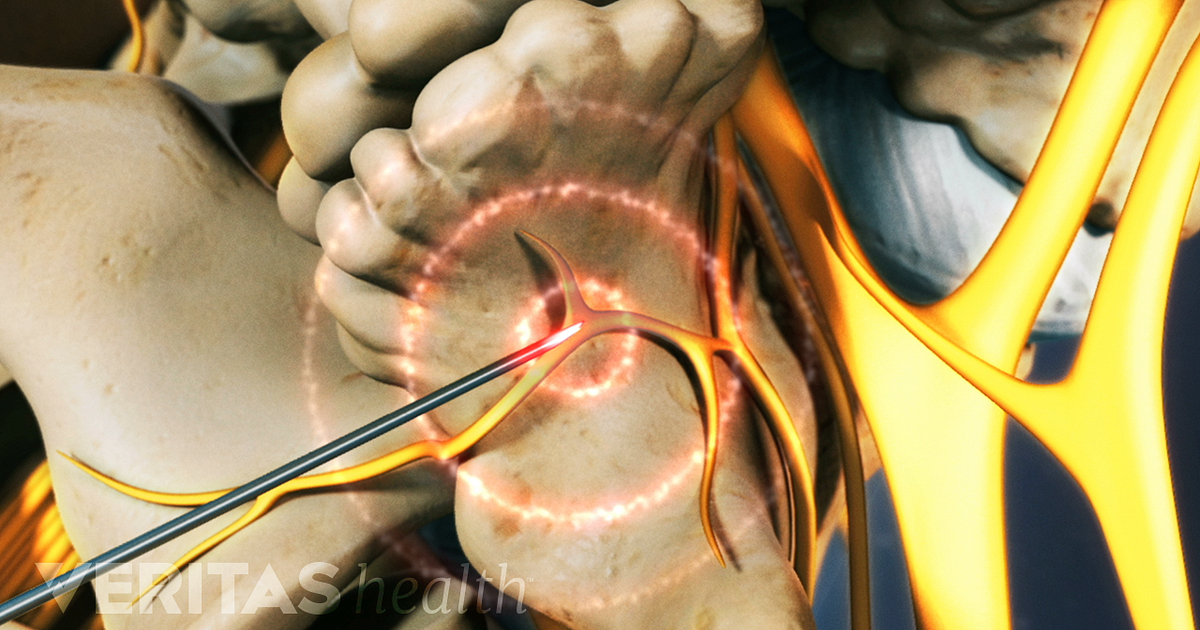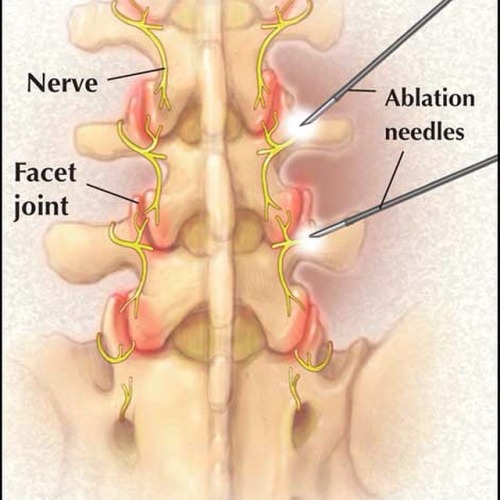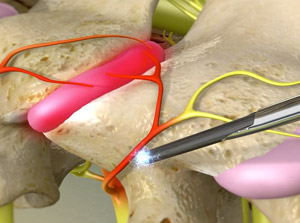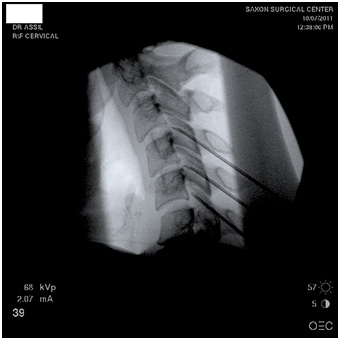Infrequently side effects such as bleeding infection worsening of pain symptoms discomfort at the point of injection and motor nerve damage may occur following an rfa procedure.
Cervical radiofrequency ablation side effects.
The main side effect of rfa is some discomfort including swelling and bruising at the site of the treatment but this generally goes away.
Pain after the procedure may occur in the muscles surrounding the radiofrequency ablation.
What are the side effects of radiofrequency ablation.
Neuritis or irritation of a nerve after a radiofrequency procedure is a fairly common side effect of radiofrequency but is rarely problematic for most people.
As with any medical procedure radiofrequency ablation rfa is not appropriate for everyone.
Injuries such as whiplash.
These serious complications occur only rarely.
The most serious side effects of spinal ablation include permanent nerve pain infections and allergic reactions says spine health.
Side effects or complications.
11 common radiofrequency ablation side effects 1.
Side effects are generally minimal and can include increased discomfort local bruising headache nausea fainting or dizziness.
Temporary numbness temporary pain at the procedure site.
Soreness in the neck or at the injection site muscle spasms a slight burning sensation near the treated area similar to a sunburn possible skin numbness slight headache dizziness.
Temporary numbness or burning.
Patients may feel temporary numbness that gradually recedes focused in and around the.
These symptoms are usually short lived and will resolve themselves.
You may feel unsteady and should focus on horizontal objects such as window sills or floor edges.
For example radiofrequency ablation is not recommended for people who have active infections or bleeding.
Many types of chronic pain respond well to radiofrequency ablation including pain from.
Neuropathic pain conditions like complex regional pain syndrome or peripheral nerve entrapment syndromes.




























